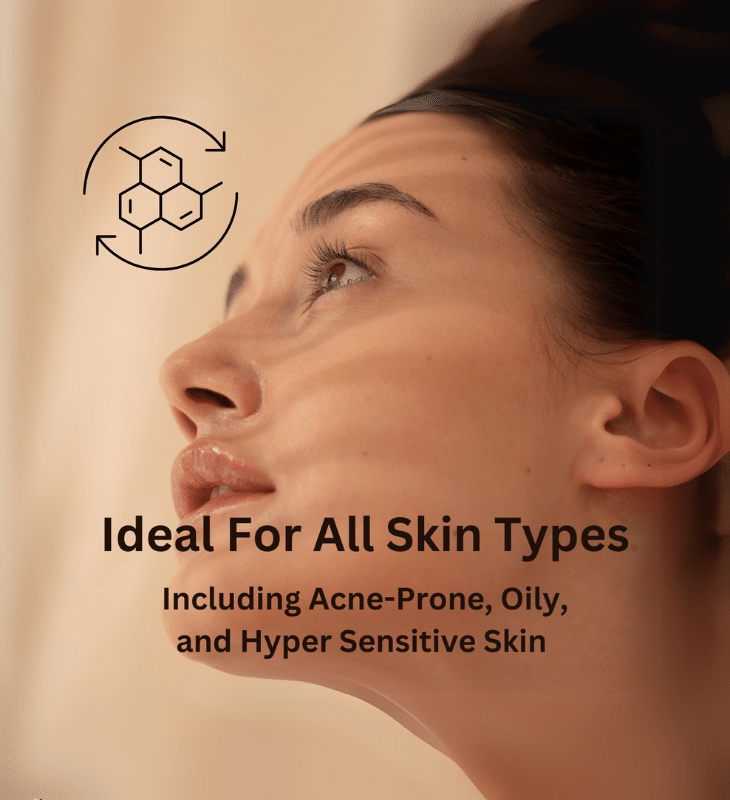Geraniol is a naturally occurring monoterpenic alcohol found in over 250 essential oils, including those from roses, lemongrass, and lavender. It's widely used in cosmetics, household products, and as a flavoring agent due to its pleasant, rose-like aroma. However, despite its popularity, there are compelling reasons to exercise caution when using products containing geraniol.
Potential Health Risks Associated with Geraniol
1. Skin Irritation and Sensitization
Geraniol has been identified as a skin irritant and sensitizer. Exposure can lead to allergic reactions, including redness, itching, and swelling. The European Chemicals Agency (ECHA) has documented cases where individuals experienced skin sensitization upon contact with geraniol-containing products.

2. Eye Irritation
Direct contact with it can cause severe eye irritation. The Australian Government's National Industrial Chemicals Notification and Assessment Scheme (NICNAS) highlights the potential for serious eye damage, emphasizing the need for caution during handling and use.
3. Allergic Reactions
The Environmental Working Group (EWG) has raised concerns about geraniol's potential to cause allergies and immunotoxicity. Individuals with sensitive skin or those prone to allergies may be at higher risk when exposed to products containing this compound.
Studies Highlighting the Risks
- A comprehensive assessment by the Australian Government's NICNAS concluded that geraniol poses risks of skin and eye irritation, as well as skin sensitization. The report emphasized the need for regulatory measures to mitigate these risks, especially considering geraniol's widespread use in consumer products. You can review the full report here.
- The ECHA dossier on geraniol provides detailed information on its sensitizing properties, noting that repeated exposure can lead to increased sensitivity and allergic reactions in susceptible individuals.
Conclusion
While it is valued for its fragrance and is present in many natural products, it's essential to be aware of its potential health risks. Individuals, especially those with sensitive skin or a history of allergies, should exercise caution when using products containing geraniol.
Reading product labels and opting for geraniol-free alternatives can help minimize the risk of adverse reactions. Being informed and vigilant can empower consumers to make safer choices in their personal care and household products.
Although geraniol offers certain benefits, the documented risks associated with skin and eye irritation, as well as allergic sensitization, suggest that it should be used with caution.




